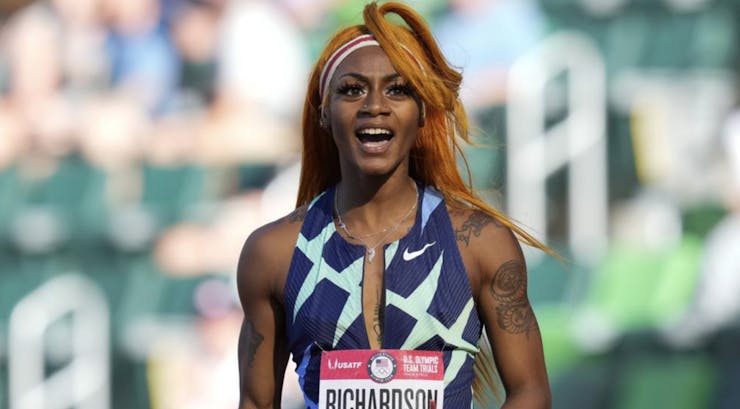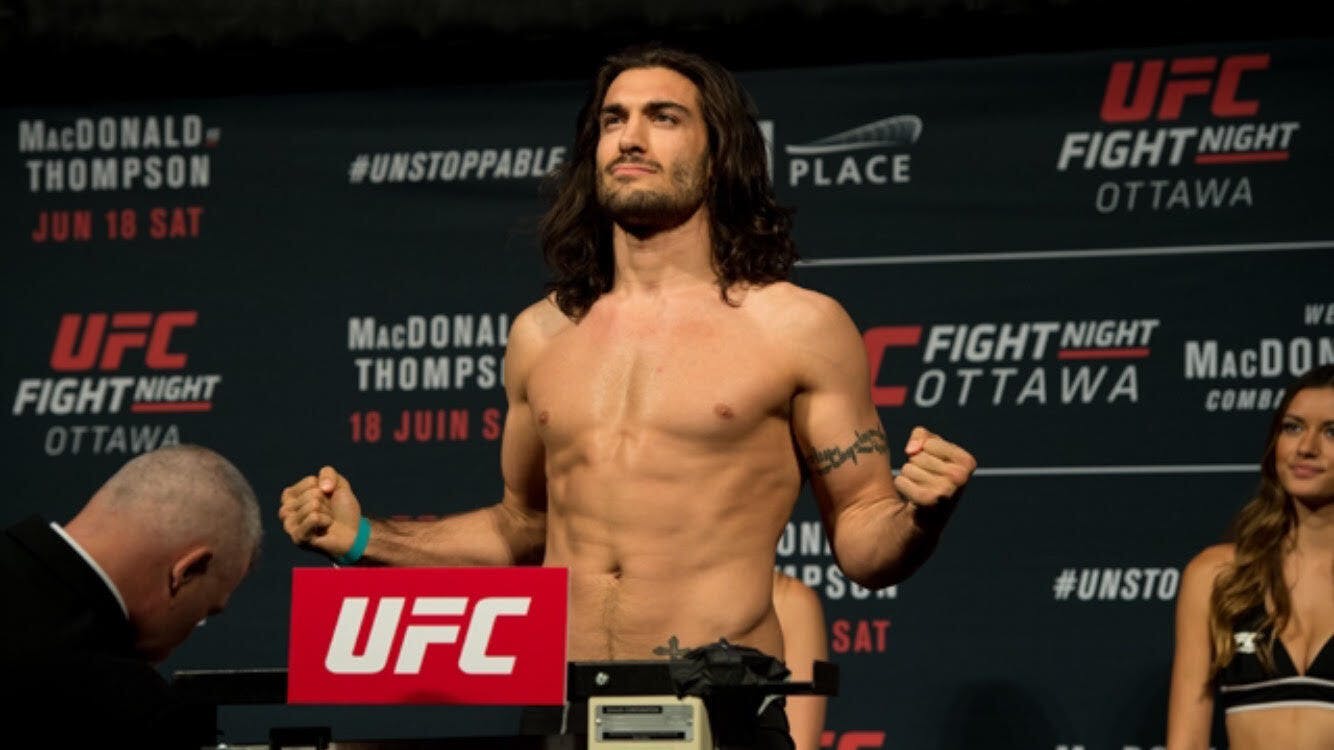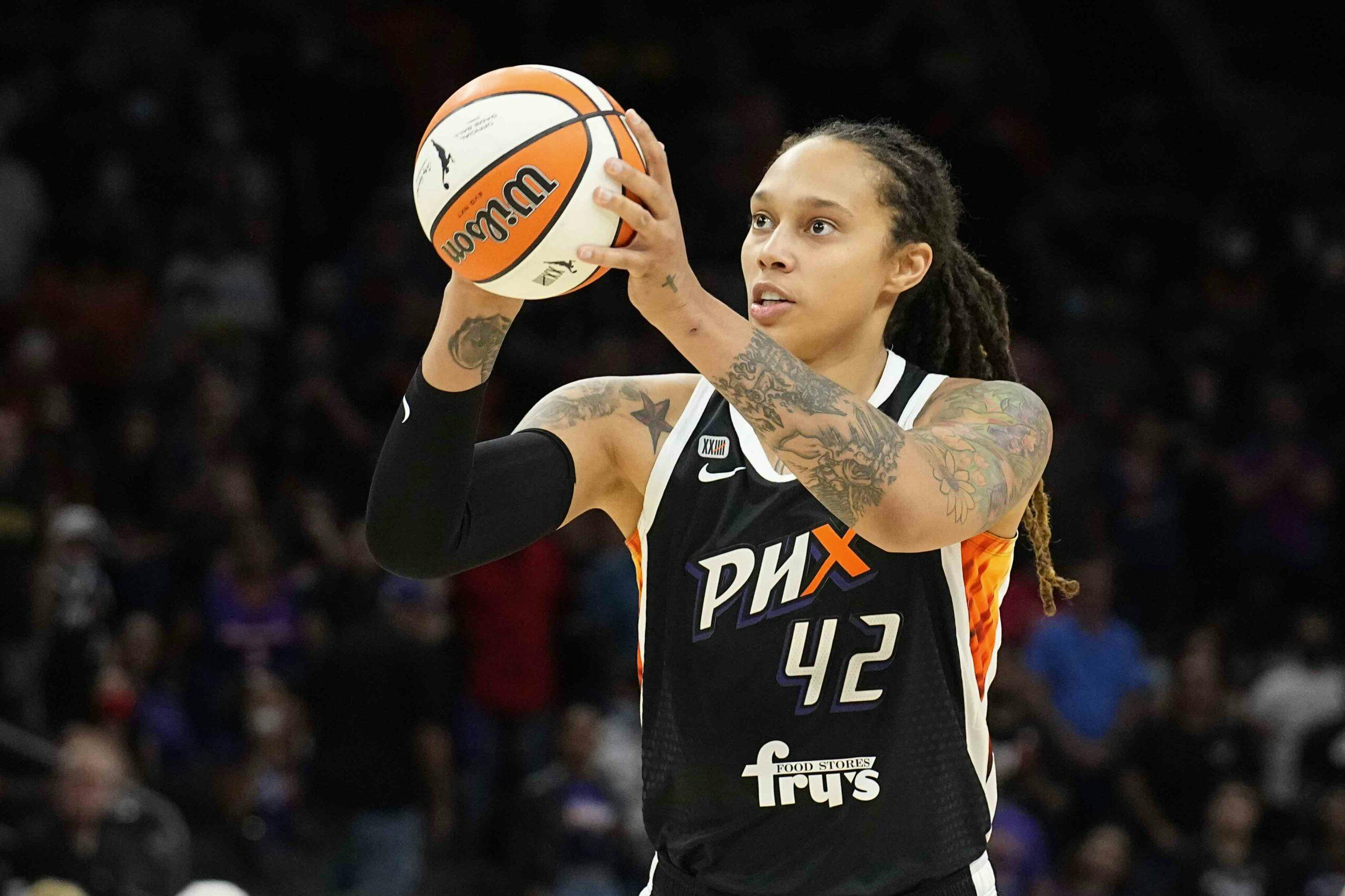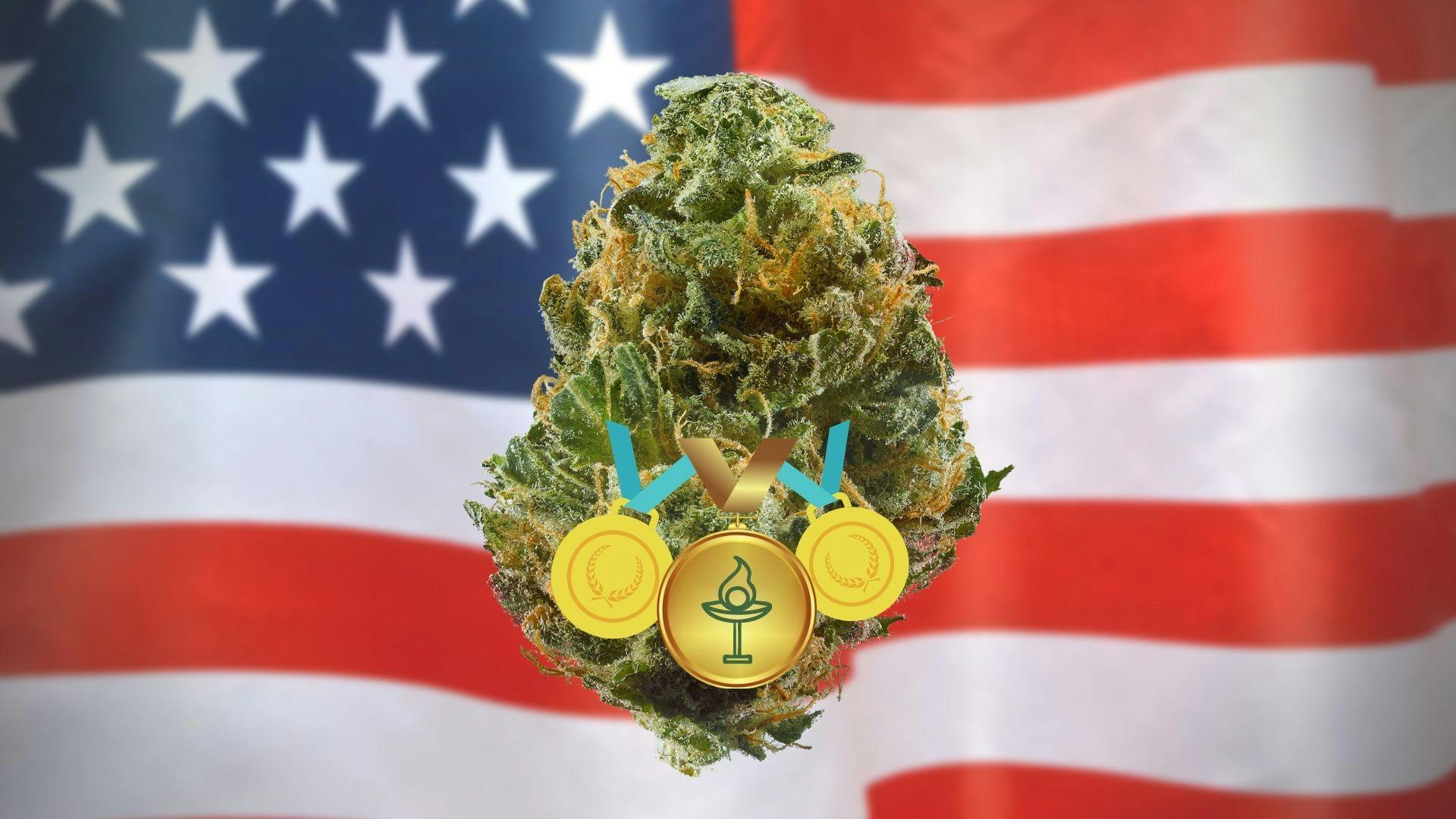Global officials still aren’t convinced that Olympians should be allowed to use weed, despite pleas from agents, politicians, and athletes like Sha’Carri Richardson.
The World Anti-Doping Agency, which oversees drug testing for major global competitions, announced that it hasn’t found conclusive evidence to change its ban on cannabis for Olympic athletes, and that it will likely continue to prohibit the substance, the Wall Street Journal reported.
Last year, the agency promised to review its cannabis ban after American sprinter Sha’Carri Richardson was disqualified from Olympic trials for the Tokyo Games for testing positive for THC.
With the September 23 deadline for next year’s prohibited substances list approaching, WADA’s expert advisory group shared a draft of the updated list after completing a thorough review, and it still includes cannabis.
According to Wall Street Journal reporters Rachel Bachman and Louise Radnofsky, WADA typically follows its expert group’s advice. And those advisors still feel that the available scientific evidence shows marijuana meets the criteria to remain banned.
To be included on WADA’s banned list, a substance must meet two of these three criteria: 1) It enhances or has the potential to enhance sport performance; 2) It represents an actual or potential health risk to the athlete; 3) It violates the spirit of sport.
As it stands, the code calls for a three-month suspension for athletes who test positive—which can be shortened by establishing that use occurred outside of competition, or by completing an approved drug treatment program, which Richardson did last year.
The list isn’t final quite yet
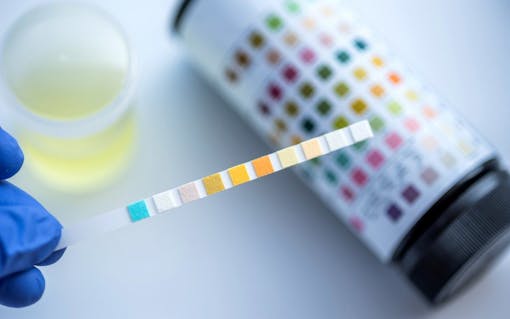
The World Anti-Doping Agency will not finalize the new list until September 23, with its Executive Committee’s approval. A WADA spokesperson said in a public statement that the list “is still under consideration.” The official 2023 list will be published October 1.
Drug officials from the Netherlands contend that all cannabinoids should be removed from the banned list. The Dutch anti-doping agency took the liberty of sharing WADA’s 2023 draft list along with a formal response on its website.
Shop highly rated dispensaries near you
Showing you dispensaries near“Cannabinoids most likely have a negative impact on athletic performance,” the agency wrote. Dutch officials also raised concerns about CBD limits that contribute to about 3% of positive tests.
Where does the US Anti-Doping Agency stand on weed?
The American position on whether cannabis should be banned has been less clear than that of the Dutch.
The US Anti-Doping Agency (USADA) has said “the rules concerning marijuana must change,” according to a letter signed by USADA CEO Travis Tygart.
But WADA claims the US didn’t actually call for cannabis to be taken off the banned list. On Friday, WADA’s spokesman told the WSJ, “to date neither the United States authorities nor the U.S. Anti-Doping Agency has requested the removal of cannabis from the Prohibited List.”
Still, Tygart told the WSJ in an interview that, “For almost a decade, USADA has advocated for WADA to change its approach to marijuana so a positive test is not a violation unless it was intentionally used to enhance performance or endangers the health or safety of competitors.”
History of WADA’s anti-cannabis stance
Cannabis and concentrates like hashish have been banned by WADA ever since the agency created its list of prohibited substances in 2004. Cannabis is listed as a substance of abuse akin to cocaine, heroin, and ecstasy.
After Richardson was suspended in 2021, American leaders including Congress members Rep. Jamie Raskin (D-MD) and Rep. Alexandria Ocasio-Cortez (D-NY) called the ban “a significant and unnecessary burden on athletes’ civil liberties” and asked WADA to reconsider its policies.
Despite pushback from countries like the US and Amsterdam, many WADA stakeholders still believe cannabis poses health risks to competitors and violates the spirit of sport, according to the letter from Tygart. The US is the largest global contributor to WADA, contributing more than $3 million of the agency’s roughly $40 million 2022 budget.
In response to US stakeholders asking to lift the weed ban after Richardson’s controversial suspension, WADA president Witold Banka sent a five-page letter clarifying that WADA’s policies don’t “tend to be modified on the basis of specific suspensions of athletes.”
